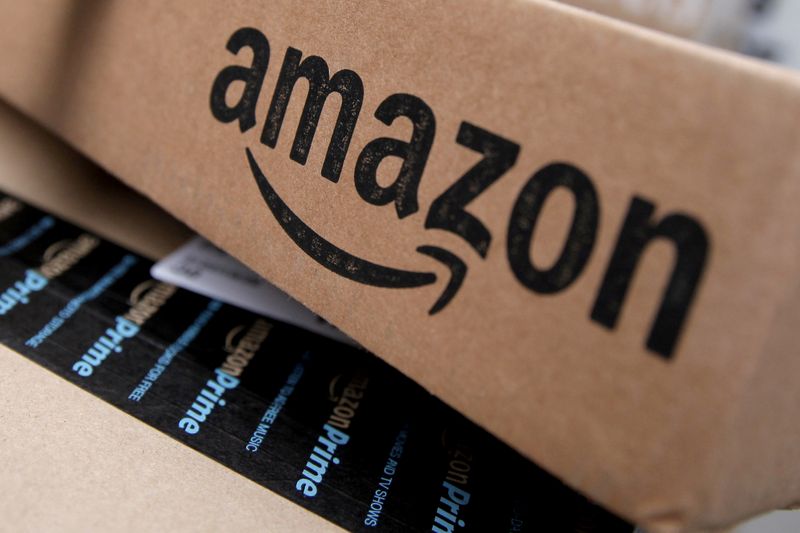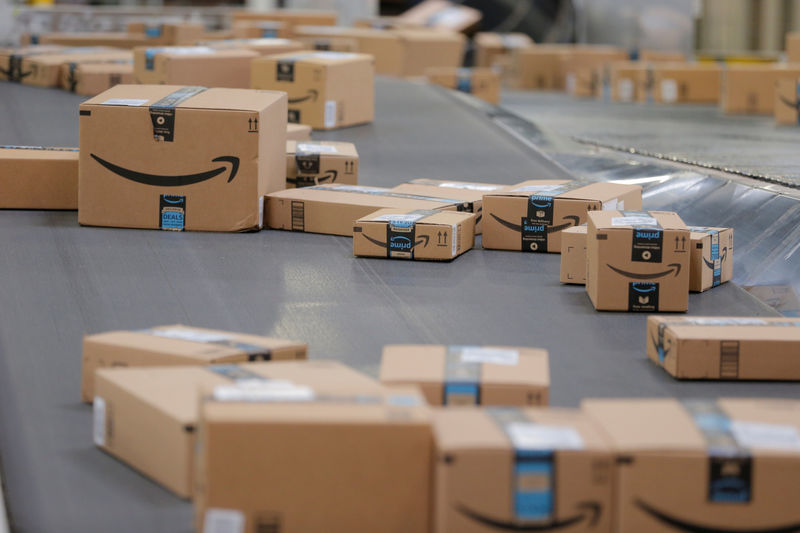(Reuters) - U.S. online spending during the holiday shopping season is expected to rise 33% this year to $189 billion, getting a major boost from early promotions by retailers looking to take advantage of people hunkered down in their homes during the COVID-19 pandemic, according to Adobe (NASDAQ:ADBE) Analytics.
Adobe had expected that growth to happen over two years instead of a single year. Adobe said growth last year was 13%.
November and December will turn into "Cyber Months," thanks to an early start to the promotional season, as opposed to the traditional "Cyber Week," which is the highly promotional period around Thanksgiving, Adobe said in a report.
"We've seen a lot of new shoppers enter the landscape for online spending because of COVID-19," said Vivek Pandya, a senior manager at Adobe Digital Insights.
The firm measures transactions from 80 of the top 100 U.S. retailers and trillions of customer visits to U.S. retail sites.
Several retailers, including Target Corp (N:TGT) and Best Buy Co Inc (N:BBY), moved up winter holiday promotions to as early as October as the pandemic upended the industry.
Even online giant Amazon.com Inc's (O:AMZN) two-day "Prime Day" was pushed to earlier this month from July.
Adobe Analytics said it expects about $1 out of every $4 of total retail spending this holiday season to be from online shoppers. It has typically seen online retail spending account for $1 out of every $5 of total retail sales.
Overall retail sales during the holiday season, which sees retailers book an outsized portion of their annual sales and profits, are likely to increase between 1% and 1.5%, according to consultants Deloitte https://
Online sales will get an $11 billion boost - taking the growth to 47% - if consumers receive another round of stimulus checks and physical stores shut down in large parts of the country, Adobe Analytics added.

Adobe Analytics also estimated online sales the day after the 2020 election to be 11% slower than the entire week, noting that sales slowed on the day after the 2016 election as well as the 2018 mid-terms.
